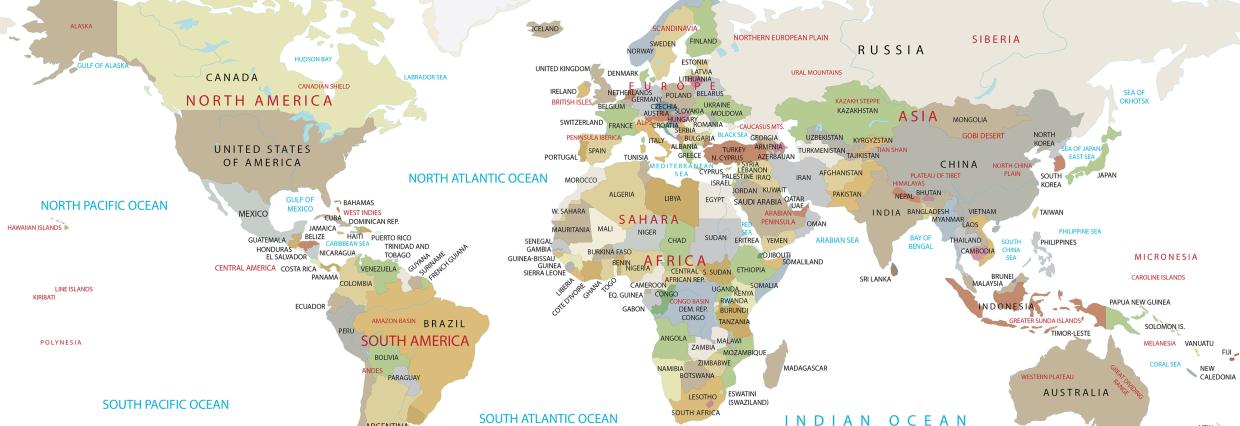
CfP: World Literature as World Crisis: Discussing World Literature to Change the World
CLCWeb: Comparative Literature and Culture, an open-access journal published by Purdue UP and indexed in the A&HCI, is accepting submissions for a special issue titled ʽWorld Literature as World Crisis: Discussing World Literature to Change the World’. Guest-edited by Jernej Habjan, member of the Research Centre of the Slovenian Academy of Sciences and Arts, this special issue of CLCWeb unearths a surprising discourse of crisis in what has been canonised as the debate on world literature. Europe-wide since the Revolutions of 1848, the discussion on world literature has become a global concern of literary authors and scholars alike. Starting with the events of 9/11 and the ensuing Global War on Terror, those involved in the debate have acknowledged the impact of global crises on their interest in world literature. But world literature has always been contemplated as a possible cure to a potentially global crisis, from the crisis of post-Napoleonic Europe in the age of Goethe to the most recent global health crisis. Almost invariably, the possibility of world literature has been imagined along with the end of the world, if not the end of capitalism.
For J. W. von Goethe himself, world literature gave Europe the opportunity to reimagine itself after the Napoleonic Wars; for disciples of Goethe such as Fritz Strich and Erich Auerbach, world literature provided an opportunity for the world to reconstitute itself after the two World Wars. For Karl Marx, on the other hand, world literature was a symptom of--rather than the cure for--the creative destruction of the modern world; and for Marxists, notably Fredric Jameson and Aijaz Ahmad, the bipolar world of the Cold War was resisted by a third-world literature. A world literature in translation was championed by Maxim Gorky following the October Revolution, and by René Etiemble following the revolution of May ’68. In the aftermath of May ’68, Edward Said translated Auerbach’s seminal essay on Goethe’s world literature; in the midst of the Global War on Terror, Said went on to publish the translation of Pascale Casanova’s provocative book on world literature. Gayatri Spivak offered her own provocation in response to the War on Terror, and Emily Apter even wrote the book Against World Literature--before the COVID-19 pandemic revived world literature for the likes of Orhan Pamuk and David Damrosch.
This special issue welcomes contributions that relate the world literature debate to larger issues of world literature as, among other things, a late capitalist commodity, a site of postmodern culture wars, a stand-in for a concept of world history, a bastion of Eurocentrism, a source of anti-Eurocentrism, a project born of internationalist utopianism, and an invitation to a monolingual dystopia.
Contributions with abstracts of 250 words, a 100-word bio and 5 keywords are due by 31 March 2025; full articles of 5.000–8.000 words, or reviews of 3.000 words, are due by 30 September 2025. Please contact special-issue editor Jernej Habjan (jernej.habjan@zrc-sazu.si) with abstracts and questions.